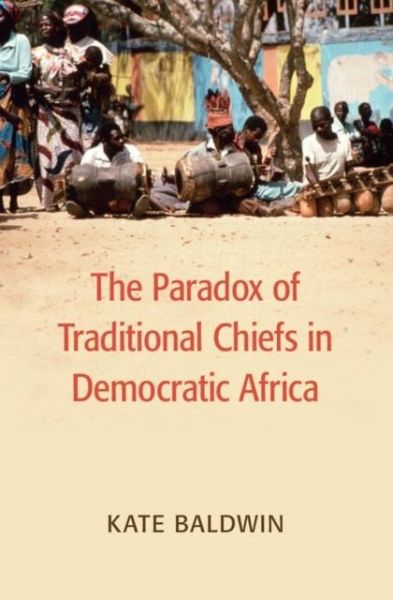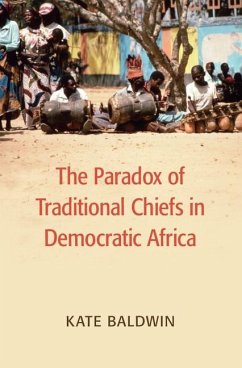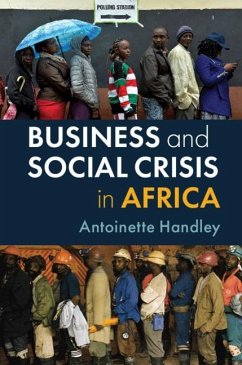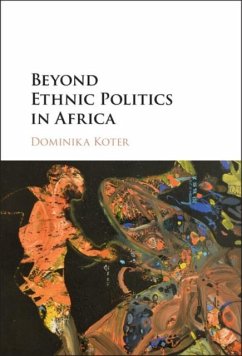
Paradox of Traditional Chiefs in Democratic Africa (eBook, PDF)
Versandkostenfrei!
Sofort per Download lieferbar
29,95 €
inkl. MwSt.
Weitere Ausgaben:

PAYBACK Punkte
15 °P sammeln!
The Paradox of Traditional Chiefs in Democratic Africa shows that unelected traditional leaders can facilitate democratic responsiveness. Ironically, chiefs' undemocratic character gives them a capacity to organize responses to rural problems that elected politicians and state institutions lack. Specifically, chiefs' longer time horizons encourage investment in local institutions that enable the provision of local public goods. This is the paradox of traditional chiefs in democratic Africa: elected politicians can only effectively respond to rural constituents through institutions constructed ...
The Paradox of Traditional Chiefs in Democratic Africa shows that unelected traditional leaders can facilitate democratic responsiveness. Ironically, chiefs' undemocratic character gives them a capacity to organize responses to rural problems that elected politicians and state institutions lack. Specifically, chiefs' longer time horizons encourage investment in local institutions that enable the provision of local public goods. This is the paradox of traditional chiefs in democratic Africa: elected politicians can only effectively respond to rural constituents through institutions constructed and maintained by local leaders who are not worried about electoral terms. Furthermore, the critical role played by chiefs in brokering local development projects forces us to reassess how we understand the basis of their political influence during elections. The book examines the effects of traditional leaders on the electoral connection in Africa through a multi-method approach that combines qualitative research, surveys, and experiments, with particular attention to the Zambian case.
Dieser Download kann aus rechtlichen Gründen nur mit Rechnungsadresse in A, B, BG, CY, CZ, D, DK, EW, E, FIN, F, GR, HR, H, IRL, I, LT, L, LR, M, NL, PL, P, R, S, SLO, SK ausgeliefert werden.













